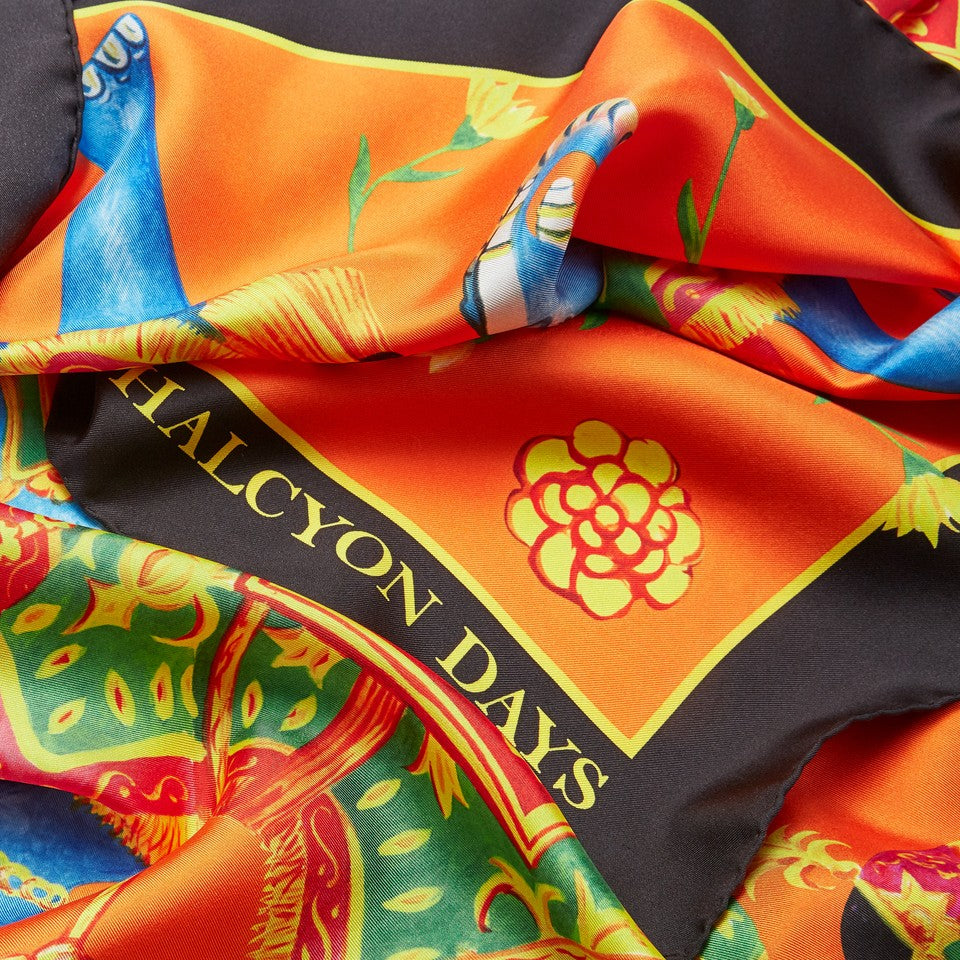Our name, like our brand, is steeped in history. The phrase ‘Halcyon Days’ conjures up richly poetic associations, and it has journeyed into modern English vernacular via the lips and hands of some of the world’s great storytellers. Shakespeare himself, through the character of Joan of Arc, used the expression in part one of his Henry VI trilogy in 1591. The phrase also formed the title of a poem written in 1891 by the iconic Walt Whitman, who is often referred to as ‘the father of free verse’.

However, its origins hark back to a time long before even the Bard was putting quill to paper. To fully understand its meaning we must look at the culturally crucial body of myths told by the Ancient Greeks and their predecessors as far back as 3000 BC. The story of Alcyone and Ceyx appears in Greek mythology in a variety of vaguely differing versions. Ovid, Hyginus and Virgil all offer their own take on the tale, but its best-known form is believed to be older, stemming from oral tradition in the Minoan civilisation of Crete.
Alcyone and Ceyx find themselves happily married before their sacrilegious tendencies leave them exposed to the fatal wrath of Zeus. The couple, buoyed by their love and good fortune, begin to call each other ‘Zeus’ and ‘Hera’, much to the anger of the divine residents of Mount Olympus. When Ceyx is next at sea, Zeus throws a thunderbolt at his ship and drowns him. Morpheus, the god of dreams, then appears to Alcyone to tell her of her husband’s fate and, overcome with grief, she throws herself into the Aegean Sea intending to drown. The gods are touched by this tragic show of affection and, named after Alcyone, bring both characters back as ‘Halcyon’ birds, now known as kingfishers.

Alcyone’s father Aeolus, the god of the winds, soon decrees that the seven days either side of the winter solstice will be still and stormless. Alcyone can then enjoy a period of calm in which to lay her eggs and nurture her nestlings unimpeded by the weather.
In reference to that mythical, magical period around 21st December, the phrase ‘Halcyon Days’ was born. Diffusing into English parlance around the 13th century, the saying soon lost its associations with a specific time in the calendar and became symbolic, suggesting a period of blissful tranquillity. Today, it often refers nostalgically to the long, seemingly sun-drenched days of youth, despite originating from a timeframe in the icy depths of winter. It evokes a glorious period in the past, in which someone or something was content and flourishing.
For our brand, with our commitment to bringing the best of the past into the present, the phrase fits perfectly. In 1970 we became the sole revivers of enamelling; an age-old craft that had lain dormant for centuries. We continue to preserve and nurture ancient craft techniques, and all of our meticulously made products brim with hundreds of years of history. For us, the Halcyon Days aren’t to be retrospectively yearned for. We’ve brought them into the present and, with our business continuing to grow, adapt and develop, Halcyon Days are here to stay.



Leave a comment